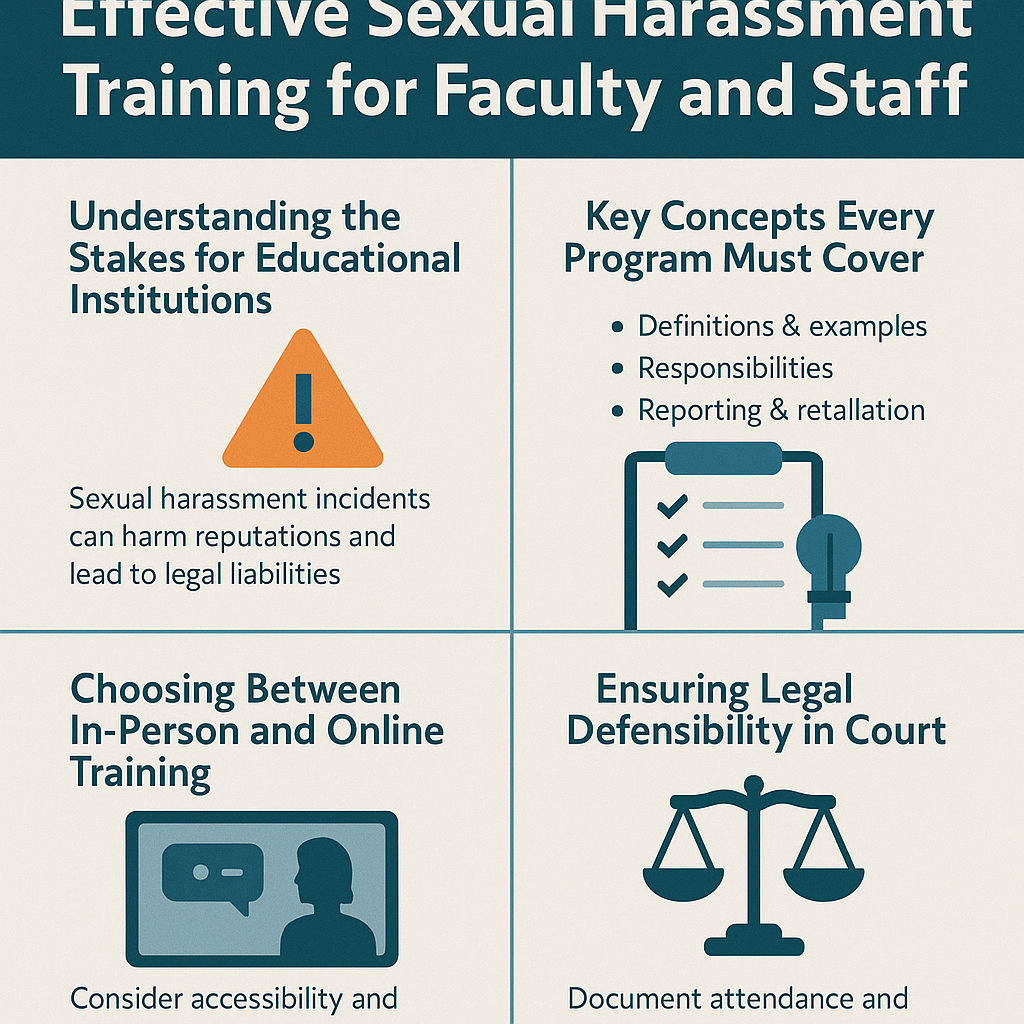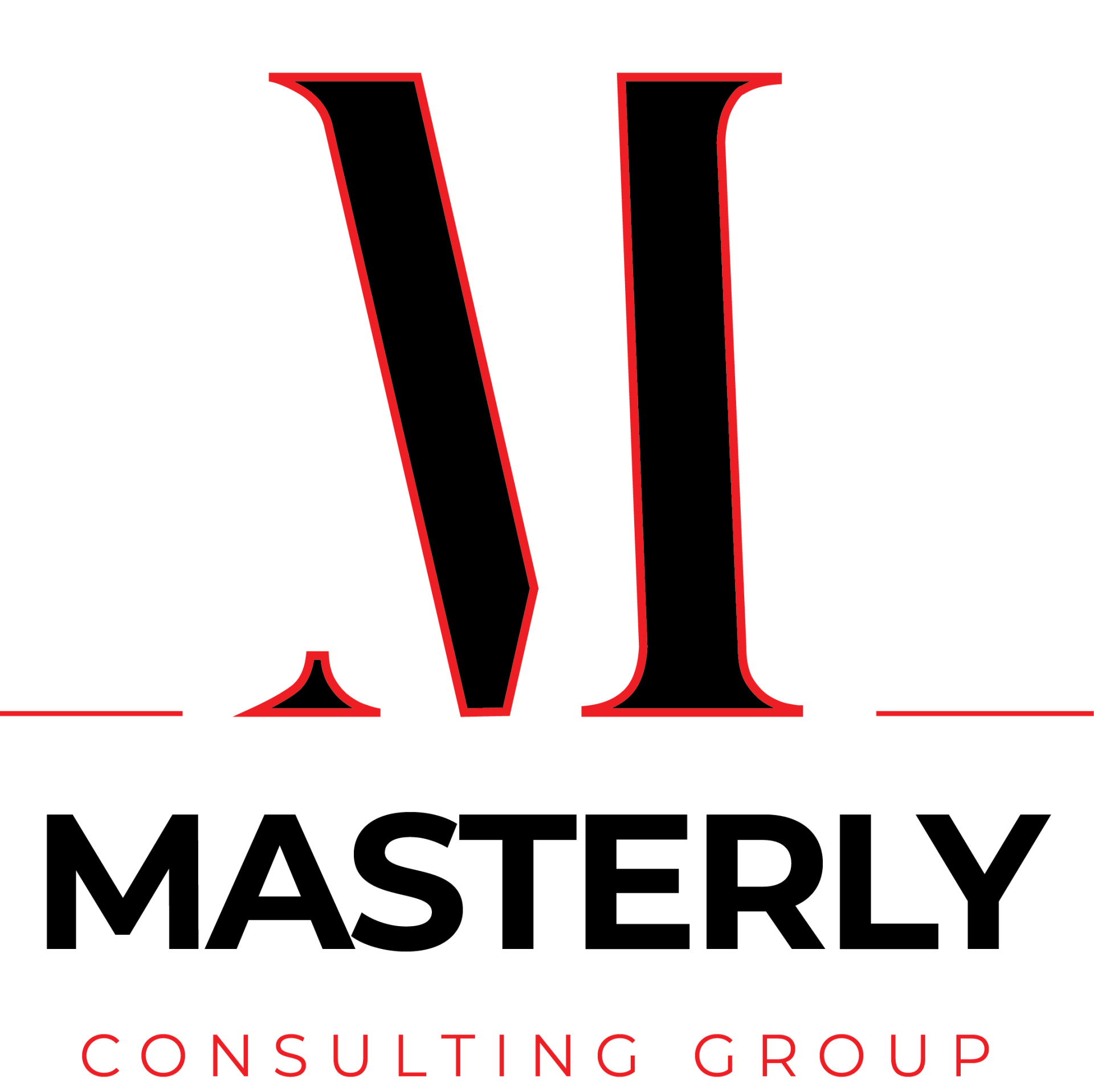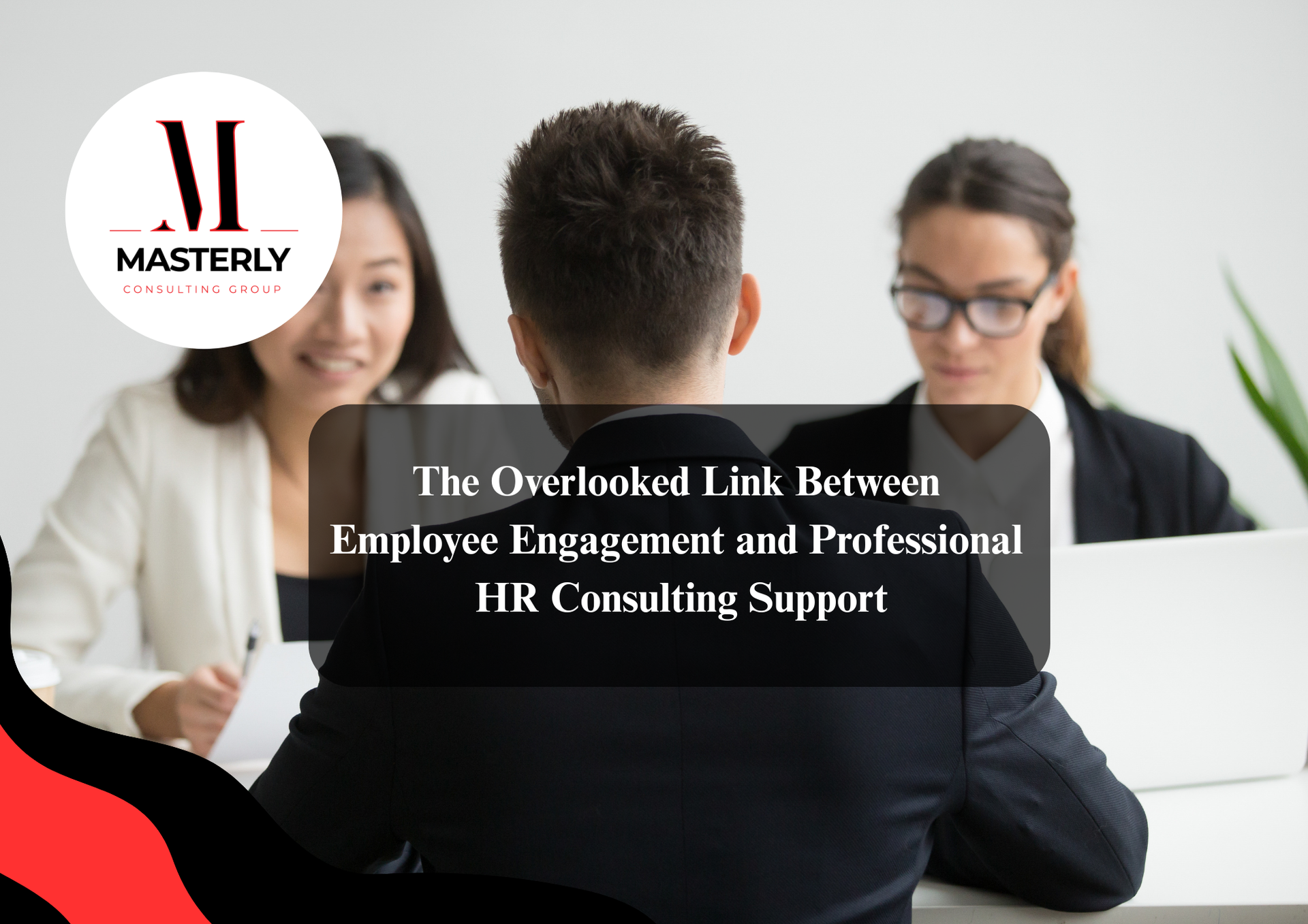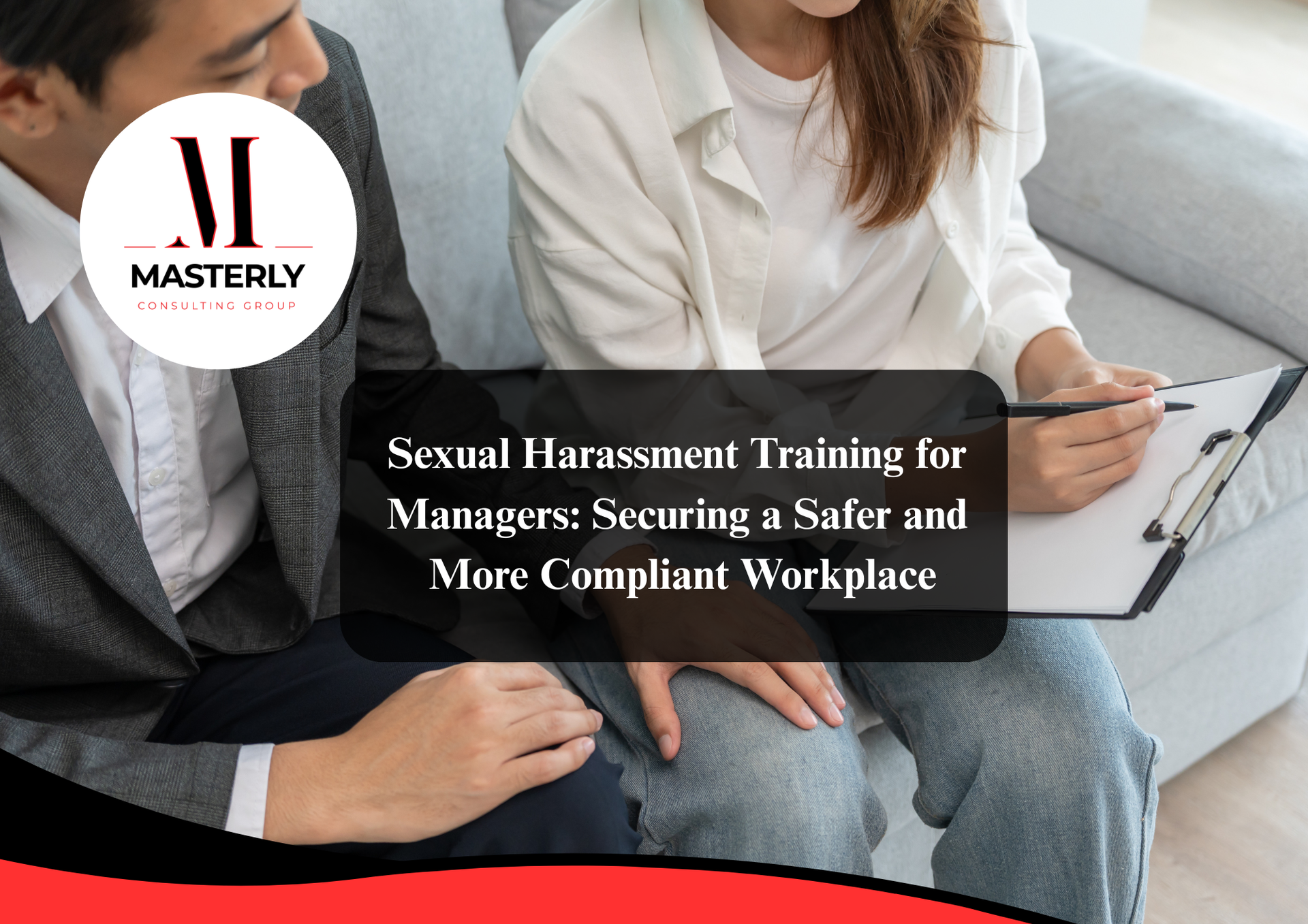The Administrator’s Guide to Selecting Effective Sexual Harassment Training for Faculty and Staff
Understanding the Stakes for Educational Institutions
Sexual harassment and workplace harassment incidents in educational settings can damage reputations, erode trust, and lead to legal liabilities. For administrators in K-12 schools and universities, the decision to implement effective sexual harassment training is not only about regulatory compliance but also about creating a respectful work environment. With federal and state laws like Title VII and state mandates in California, Illinois, and New York City, employers with even one or more employees must act decisively.
The Legal Landscape Administrators Must Navigate
Administrators must ensure their institution’s sexual harassment prevention training aligns with local and federal requirements. Some states, such as California and Illinois, have strict laws that require annual training for non supervisory employees and managers. These laws are evolving rapidly, and failure to comply can result in fines, lawsuits, or a complete overhaul of an institution’s policies.
Key Concepts Every Program Must Cover
To be effective and legally defensible, your training content should clearly address:
- Definitions of sexual harassment and unlawful harassment
- Forms of discrimination, including based on sex, national origin, and other protected classes
- Examples of offensive jokes, intimidation, and inappropriate conduct
- The legal responsibilities of supervisors and managers
- How to respond to and report incidents
- Protections against retaliation
- Basics of conflict resolution and fostering respect and inclusion
Programs that fail to address these key concepts leave your organization vulnerable.
Choosing Between In-Person and Online Training
Modern harassment training can be delivered in-person, virtually, or as self-paced online training. In selecting the right format, administrators should evaluate:
- Accessibility for new employees and those working remotely
- Whether the program can be accessed via mobile device
- Available technical support for online platforms
- The opportunity for live Q&A or roleplay scenarios in in-person sessions
Both formats can be effective if the training content is comprehensive and aligned with legal requirements.
Aligning Training with Organizational Culture
For sexual harassment training to be impactful, it must resonate with your workplace culture. A training program that only checks the compliance training box will fall short. Instead, choose a provider who customizes examples based on educational settings, addresses the unique risks faced by staff and faculty, and reinforces the school’s values of diversity, ethics, and inclusion.
Ensuring Legal Defensibility in Court
In cases of alleged sexual harassment, courts often evaluate whether the institution provided adequate harassment prevention training. Well-documented programs that include attendance records, clear learning objectives, and acknowledgments from employees can demonstrate good faith efforts to prevent harassment. Your provider should also keep track of start date, course completions, and provide downloadable proof for audits or litigation.
Red Flags to Avoid in Training Providers
Not all training programs meet the legal standards required by york city employers, illinois employers, or other states. Administrators should watch out for:
- Outdated material that doesn't reflect current laws
- Lack of clarity around supervisor responsibilities
- Vague examples unrelated to educational settings
- No post-training evaluation or feedback process
Selecting the wrong training could do more harm than good, especially if the content does not prepare staff to respond appropriately or recognize intimidation and harassment.
Customizing Training for Supervisory vs. Non-Supervisory Staff
A one-size-fits-all approach to harassment training won't work. Supervisors must be equipped to handle reports, enforce policy, and model professional behavior. Non supervisory employees need tools to recognize and report issues early. A high-quality training program will offer tailored modules for each group’s unique responsibilities.
Incorporating Real Scenarios and Action Plans
One of the most effective ways to engage your team is to incorporate realistic workplace situations. This helps drive home abstract legal definitions with context-specific examples. Choose training that includes action plans for dealing with harassment, discrimination, and other types of misconduct.
Integrating Sexual Harassment Prevention Policy
Your institution’s sexual harassment prevention policy should be reinforced throughout the training. This includes:
- Explaining how the policy fits into larger institutional conduct expectations
- Directing staff to appropriate reporting channels
- Clarifying timelines for internal investigations
- Highlighting protections under both state and federal law against retaliation
Training without policy alignment creates confusion and weakens your overall compliance training.
Measuring Training Effectiveness and Improvement Areas
Tracking metrics like completion rates, employee satisfaction, and incident trends over time allows HR teams to assess program effectiveness. Gathering additional information through feedback surveys also helps identify blind spots and areas where staff may need refresher modules.
Scheduling and Refreshing Training Regularly
Make annual training a non-negotiable part of your HR calendar. This ensures new hires, policy updates, and evolving legal standards are always accounted for. Regular refreshers help reinforce standards and create a workplace that genuinely values respect and inclusion.
Supporting a Culture of Respect Beyond Compliance
True prevention goes beyond avoiding fines. Embedding the principles of inclusion training and conflict resolution into your organization fosters a campus that values fairness and conduct rooted in dignity. A strong training program helps prevent unlawful harassment, but a strong culture keeps it from happening in the first place.
Choosing a Trusted Training Partner
When selecting a training provider, look for:
- A track record in K-12 and higher education
- Customization options for policy, format, and tone
- Bilingual options or accessibility for diverse teams
- Experience aligning with laws across multiple states
A partner like The Masterly Consulting Group understands both the compliance and cultural needs of educational institutions.

Embedding Workplace Harassment Prevention into Staff Training Programs
When choosing a program, administrators must go beyond surface-level compliance and ensure that the selected course provides comprehensive workplace harassment training. Effective workplace harassment prevention training addresses the full range of misconduct—from inappropriate comments to systemic issues—equipping faculty and staff with tools to recognize, report, and prevent harassment in all its forms. A well-structured program creates a culture of accountability and helps institutions demonstrate their commitment to safe, inclusive environments. By integrating these core principles, schools not only meet legal requirements but also take meaningful steps toward long-term prevention.
Onboarding New Employees with Comprehensive Harassment Prevention Training
Integrating sexual harassment training into the onboarding process for new employees is one of the most effective ways to establish clear behavioral expectations from day one. When faculty and staff begin their roles with a strong understanding of workplace conduct standards, it reduces confusion and lowers the risk of unlawful harassment incidents. Including harassment prevention modules during onboarding also ensures that new employees are aligned with your institution’s sexual harassment prevention policy, reporting procedures, and conflict resolution protocols. This early investment sets the tone for a respectful, compliant, and inclusive school culture.
Selecting Workplace Harassment Training That Meets Educational Standards
For schools and universities, implementing thorough workplace harassment training is essential to protect both staff and students while complying with legal obligations. An effective program should address all forms of inappropriate conduct in the workplace, including verbal, physical, and digital harassment. The training must go beyond definitions, offering clear procedures for reporting, handling complaints, and preventing escalation. By investing in high-quality workplace harassment training, administrators demonstrate a proactive commitment to safety, compliance, and a respectful institutional culture.
Ready to Strengthen Your School’s Harassment Prevention Strategy?
At The Masterly Consulting Group, we deliver results-driven sexual harassment training designed specifically for employers in the education sector. Whether you're a school district administrator, university HR leader, or Title IX coordinator, our team provides comprehensive, customizable solutions that meet legal mandates and reflect your organization’s values.
We offer both in-person and online training formats, with full technical support and documentation to help you stay audit-ready and legally protected. Let us help your staff understand their roles, navigate tough situations, and uphold your institution's standards.
Contact us at (888) 209-4055 to book a free consultation. Our team is here to answer your questions and help you implement a program that creates a safer, more respectful, and fully compliant educational workplace.








